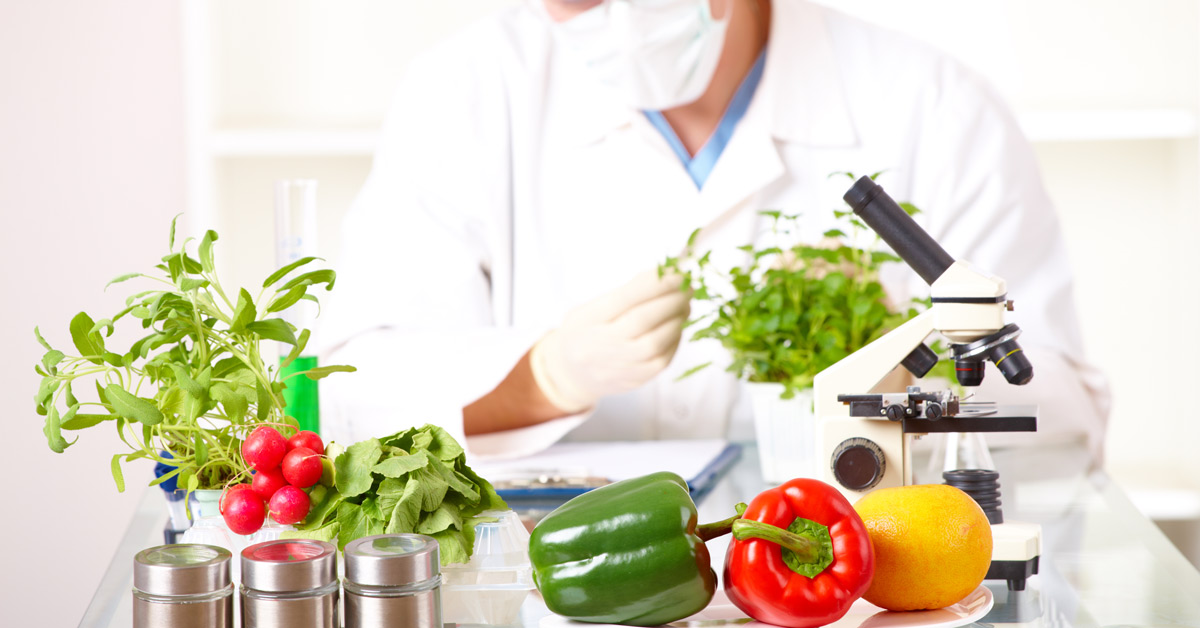
Seven reasons why the UK government's plans are anti-democratic and unscientific
In response to the UK government's plans to deregulate new GM technologies such as gene editing, GMWatch offers the following seven reasons why these moves are anti-democratic and unscientific.
1. Most people don’t want deregulation of new GM technologies
Last year the government asked the public if they supported the planned changes in regulation of GM technologies. The overwhelming majority said no – 85% indicated no support for the government's deregulation agenda.
2. UK citizens want safety, choice and high food standards
Voters want transparency, clarity, and safeguards in the face of scientific uncertainty and to exercise their right to choose whether or not to buy and eat genetically modified foods. Farmers and growers want to choose whether or not to plant GM seeds. These choices will be removed if new GM foods, crops, and seeds are not labelled as GMOs, as seems inevitable if they are not regulated.
The public also want to ensure that food standards in the UK are not lowered by a flood of imports of GMO foods from the US.
3. Regulatory criteria are unscientific
In response to last year’s public consultation a number of organisations, such as the Food Standards Agency's (FSA’s) Advisory Committee on Novel Foods and Processes, the Royal Society, The Microbiology Society, Royal Society of Biology, the Institute of Food Science & Technology and Fera Science, Wildlife and Countryside Link and the Organic Research Centre, challenged the government’s creation of a hypothetical class of GMOs that “could have occurred naturally” or “could have been created using traditional breeding”. Their view was that this is an extremely vague and unscientific basis for regulation.
4. Removing important safeguards
The proposed new regulations undermine public trust by removing important safeguards such as environmental and food safety risk assessments and labelling of all GMO foods. This makes monitoring GMOs in the environment impossible; should something go wrong, we will not be able to trace the cause.
5. Regulation must be based on all the evidence
The impact of genetic technologies in agriculture cuts across multiple areas of concern. For this reason, it is important that any revised regulations encompass not just evidence from laboratory science but also from the social sciences, environmental science, ecology, and ethics. Consumer preference and the concerns of farmers and food businesses must also be taken into account.
6. Deregulation threatens farms and food businesses
Farmers and food producers who choose not to grow GMOs must be protected. That means preventing contamination all along the food production line from farm to fork.
7. Deregulation isolates England
The planned bill will change the legal status of GM plants, animals and food ingredients in England but not in Scotland, Wales or Northern Ireland. It will disrupt the food chain, cause friction between the nations of the UK and damage relationships with our biggest trade partners in the EU.